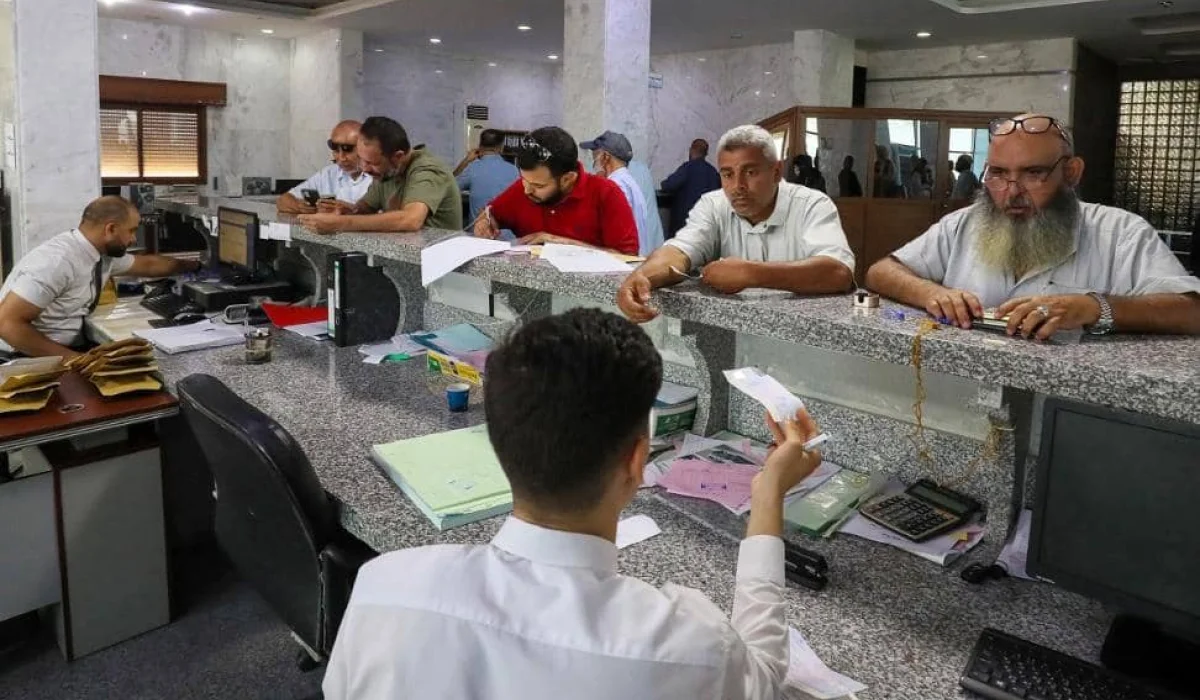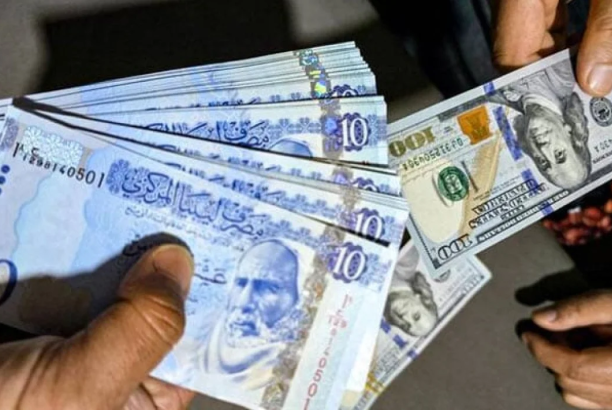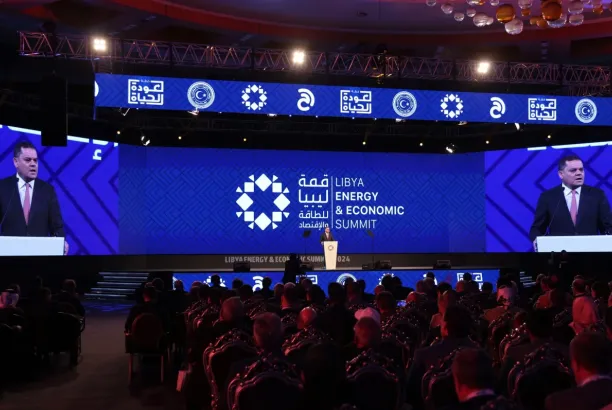
| Reports
Global Firepower, Specialized in Tracking External Debt, Reveals Libya’s Debt Accumulation and Issues a Warning
Independent Arabia reported that concerns are growing over Libya’s transformation from a donor state to a debtor nation, especially after it ranked 129th on the 2025 external debt list. According to Global Firepower, which specializes in tracking external debt, Libya’s debt has reached $3.322 billion, as published in mid-February.
According to the newspaper, economic experts believe that if Libya continues its political division and unchecked government spending—while relying solely on oil revenues, which remain unstable due to shutdowns and political bargaining—the country is inevitably heading toward the International Monetary Fund (IMF). This concern was reinforced by the Administrative Oversight Authority’s 2024 report on public spending, debt, and violations since 2011. The report stated that total public spending from 2012 to 2023 exceeded 722 billion Libyan dinars ($147 billion), according to the Central Bank of Libya.
Public Debt
Mohammed Mtairid, Director of Projects at the African Council for Investment and Development, attributes the rising debt to inflated oil revenues and the weakening of Libya’s Foreign Bank. He noted that the World Bank had issued serious warnings in its report on Libya, highlighting the excessive government expenditures.
Speaking to Independent Arabia, Mtairid revealed that the government of Abdulhamid Dbeibah spent around 480 billion dinars ($98 billion) from 2021 to the end of 2024. Meanwhile, Libya’s total debt has surpassed 120 billion dinars ($24 billion), while state revenues remain below 100 billion dinars ($22 billion).
He warned that the opening of a World Bank office in Libya signals growing financial pressures, cautioning that IMF interventions have historically led countries into debt traps and financial dependency.
Mtairid also pointed out that Libya’s rising population is not met with economic diversification, as the country relies exclusively on oil revenues. The Central Bank of Libya remains stagnant, political and security divisions are deepening, and all these factors are pushing Libya further into debt.
Economics professor Abdelhamid Al-Fadhel from Misrata University added that Libya’s long-standing political divisions have led to the fragmentation of its economic and financial institutions. The existence of two parallel governments resulted in excessive public spending and uncoordinated financial policies.
Moreover, the split within Libya’s highest monetary authority—the Central Bank—along with forced oil field shutdowns and widespread financial and administrative corruption, has directly impacted oil revenues, leading to budget deficits and an increasing national debt.
According to the Libyan Audit Bureau’s 2020 report, Libya’s domestic public debt between 2014 and 2020 reached 154.052 billion dinars ($31 billion), with parallel governments accumulating approximately 69.9 billion dinars ($14 billion) in debt.
Al-Fadhel also noted that between 2021 and October 2023, an additional 45.9 billion dinars ($9 billion) in domestic debt was accumulated by parallel governments, though no official data exists on Libya’s 2024 public debt.
He cited a Deloitte report indicating that the parliamentary government funded its expenditures by using commercial bank deposits and printing 13 billion dinars ($2.56 billion) in local currency.
Borrowing and Economic Risks
To prevent Libya from falling into international debt traps, Al-Fadhel stressed the urgent need to end political divisions and establish a unified government. He emphasized that consolidating executive power is the first step toward economic stability, as it would unify Libya’s financial and monetary institutions, enabling a single authority to manage public spending under a state-approved budget.
Al-Fadhel also called for reducing public spending and combating financial corruption, particularly as Libya has ranked among the world’s ten most corrupt countries in recent years, according to Transparency International’s Corruption Perceptions Index.
Regarding fears of international borrowing, Al-Fadhel dismissed concerns about the World Bank’s return to Libya, arguing that its primary function is to assist nations in reducing poverty by providing technical support, expertise, and financial advice—especially to developing countries.
He explained that the World Bank also encourages investment and economic reforms, and that debt risks primarily apply to nations with chronic balance of payments deficits. Libya, in contrast, does not meet these criteria, as it still holds substantial foreign reserves.
Nevertheless, Libya’s economic fragility remains a pressing issue. A recent study published in the Journal of Economic and Business Studies at Misrata University in mid-February revealed that poverty in oil-rich Libya has reached 32.5%.





